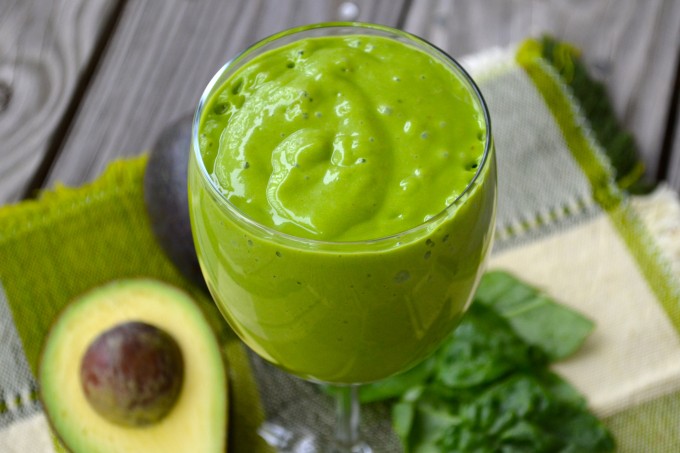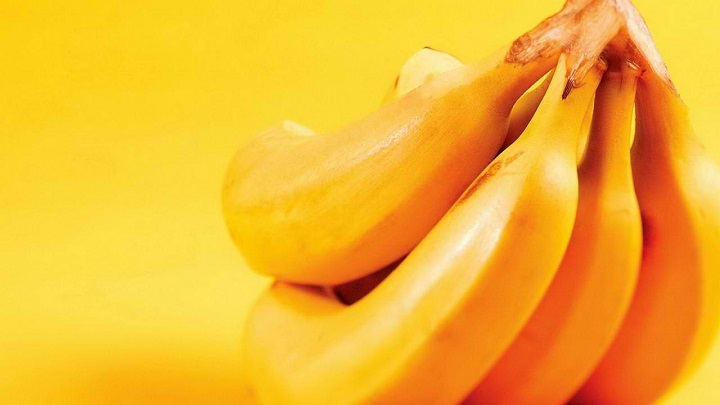Akathisia is one of the more underrated diseases that affect a significant number of people. The disease is caused by a variety of factors, and symptoms are often characterized by uncontrollable restlessness.
The disease is prone to misdiagnosis, and when mistreated it can cause fairly extreme consequences — a person struck with akathisia would go to great lengths to get the elusive relief.
When diagnosed properly, akathisia can be treated fairly easily. Aside from proper medication (or the adjustment of existing medication), here are some diet changes that can greatly improve your recovery from this condition.
Food & Nutrition Diet (Meal Plan) for Akathisia
#1 Recommended Breakfast Diet for Akathisia

Breakfast is important for those suffering akathisia, since this meal tends to affect your hormone production for the rest of the day. Eating right means your body gets you in the right overall mood.
Traditional breakfast protein such as eggs and meat are good, so long as they are sustainably produced and do not contain any harmful hormones.
Raw dairy is also good. If you are frying your meals, try using healthy fat such as coconut oil.
#2 Recommended Lunch Diet for Akathisia

It has been found that food rich in Vitamin B6 could greatly help improve symptoms of akathisia, so these should form a major part of your diet.
Lunch food rich in this vitamin include turkey, beef, and carbohydrate-rich foods such as root crops.
A side-dish of high-fiber foods can also help cleanse your digestive tract, clearing it of impurities and allowing your body to absorb nutrients faster.
#3 Recommended Dinner Diet for Akathisia

Fish is also a good source of protein, and hence should be good dinner fare. Salmon or similar wild-caught fish could help improve your symptoms.
Adding some starch source such as brown rice would also help increase your Vitamin B6, while also providing extra minerals for an overall balanced diet.
#4 Recommended Snack Diet for Akathisia

Nuts and seeds are healthy snacks for those afflicted with akathisia. Beans and legumes are also ideal snack fare for their balance of nutrients.
If you are into health food, flax and chia seeds are also advisable. These are best paired with other meals, though — if you want a quick snack that you could take wherever you go you can stick to peanuts fried in coconut oil.
Fortified tofu is another food item rich in Vitamin B6, and which goes well in a pan with legumes and a little meat.
#5 Recommended Drinks for Akathisia

There are no specific recommended drinks for akathisia, but drinks rich in Vitamin B6 are ideal.
Fruit juices are good, but you can also go for a banana smoothie or an avocado shake since these are rich in the vitamin.
Having a shake made from shredded coconut milk is also a great hormone stabilizer, while also serving as good refreshments for hot days.
#6 Recommended Herbs for Akathisia

There is a specific subset of herbs called “adaptogenics” that help in regulating the body’s hormonal responses, while reducing the effects of stress. These are usually good for fighting anxiety symptoms such as akathisia.
Some of the most common adaptogenic herbs include rhodiola and ginseng. While these aren’t used for cooking, these herbs often come in various supplemental forms (capsules, concentrates, etc.).
Another known antidepressant is the plant St. John’s Wort. This is also great for getting quality sleep, as this is one aspect where the symptoms of the condition take considerable toll.
#7 Recommended Fruits for Akathisia

As mentioned above, coconuts, bananas, and avocados are great fruits for those with akathisia.
Apples (especially the mamey apple) are also good, along with jackfruits, elderberries, passion fruits, and melons. Mangoes and dried prunes are also good parts of the diet.
#8 Recommended Vitamins for Akathisia

High doses of Vitamin B6 have been found to regulate and ease the symptoms of akathisia. The vitamin affects the neurotransmitters, allowing patients to understand and control their restlessness.
#9 Recommended Minerals for Akathisia

Some cases of akathisia have been successfully treated by correcting an iron deficiency in the bloodstream. However, since iron can easily accumulate in the blood, it would not be wise to do this without a doctor’s supervision.
Iron-rich diets would still be advisable, but steer clear of supplements until you get your physician’s clearance.
Another supplement that could help patients of akathisia is magnesium. Magnesium helps make you calmer, and also reduces the restless twitching that is a hallmark of the condition.
Fish oil is another good source of minerals, largely because it contains omega-3 fatty acids which have the potential to lower the symptoms of depression.
Finally, make sure you get a lot of sunshine. Vitamin D has been studied as an additional supplement for the treatment of akathisia, and there has been success in this field.
Furthermore, sunshine helps increase the body’s feel-good hormones therefore naturally counteracting the symptoms of akathisia.
#10 Discouraged Food for Akathisia

Caffeine and sugar are primary no-nos for an akathisia patient. If you must take these, strictly limit them. These two food ingredients can help increase excitability, therefore increasing your symptoms.
Refined food products, from grains to oils, are also prohibited since they are likely to contain harmful additives — or may be stripped of essential nutrients.
Alcohol has been known to upset one’s hormonal balance, so steer clear of this as well.
Aside from all these, an akathisia patient should also practice taking care of one’s emotional well-being in other ways.
Going for a good walk or outdoor activity is a great practice, as is practicing wellness activities like yoga. Getting counseling may also be helpful, if you feel you are having a hard time coping with the symptoms of the illness.
If you can, make environmental changes to minimize the effect of your surroundings on your stress levels. All these, when combined, could make short work of this dreaded disease.
*If you have any concerns or questions about your health, you should always consult your doctor before making any changes to your diet or nutrition program.
- READ MORE




